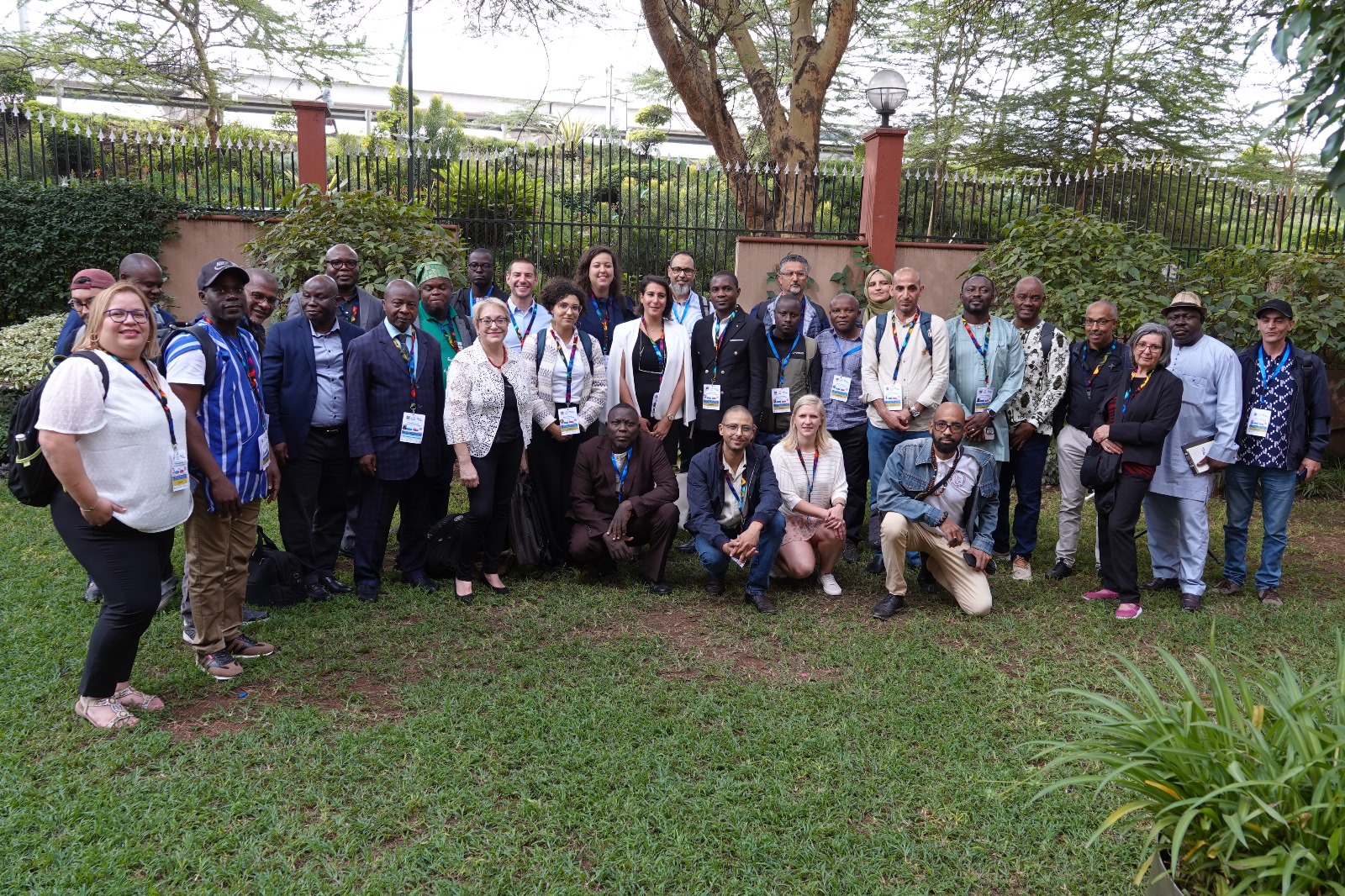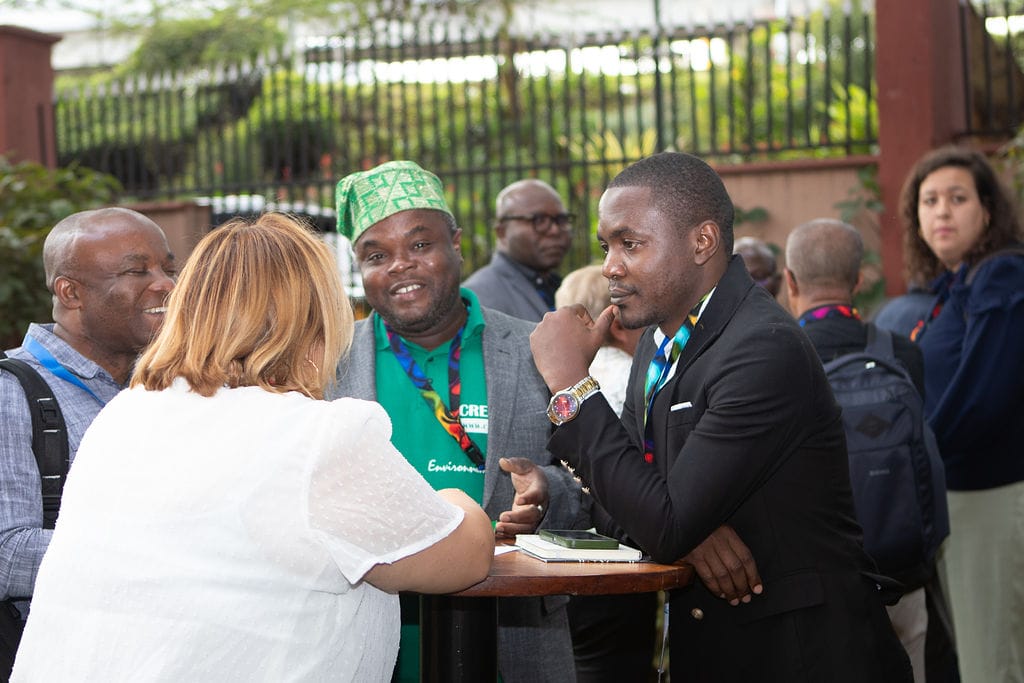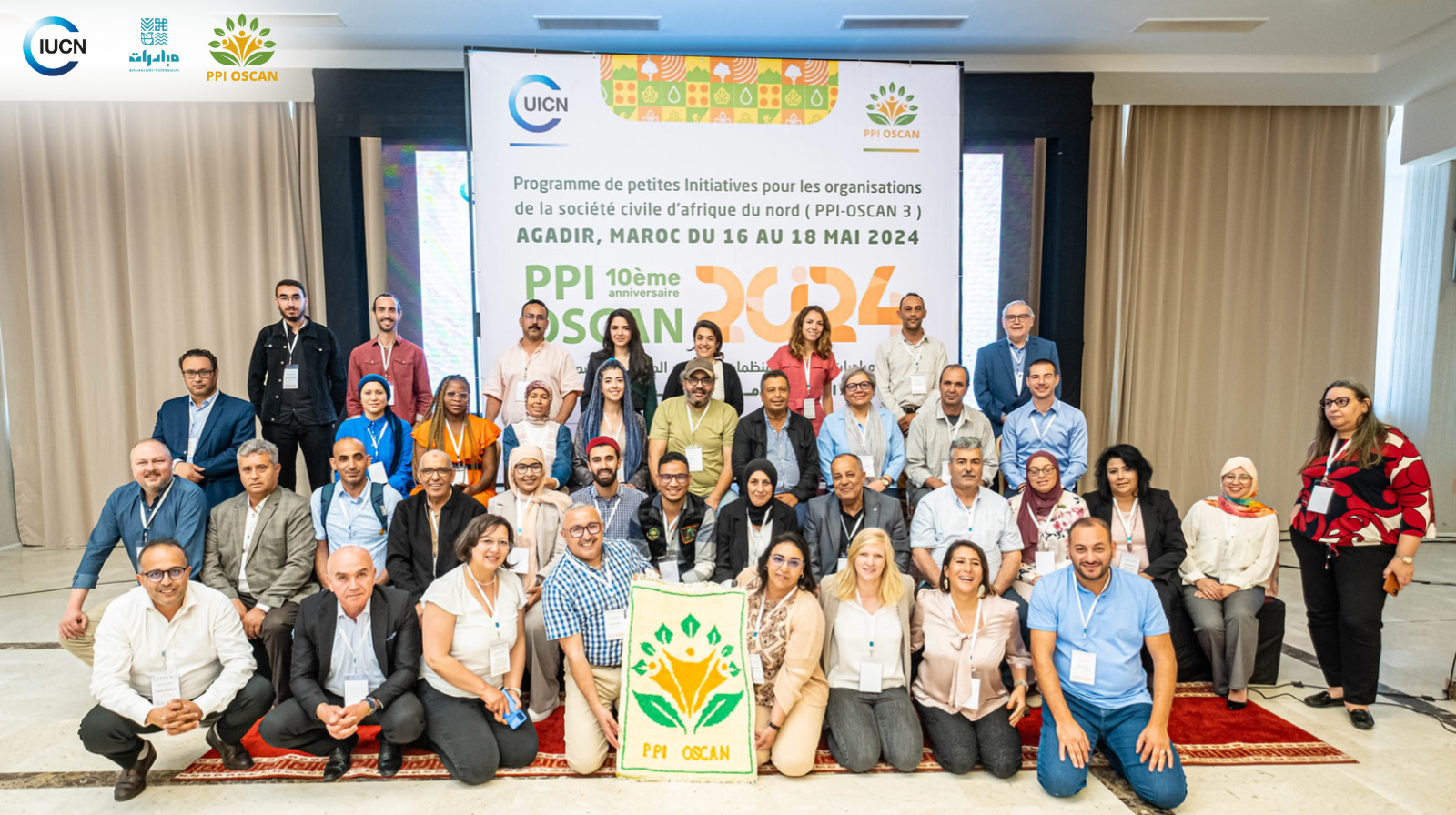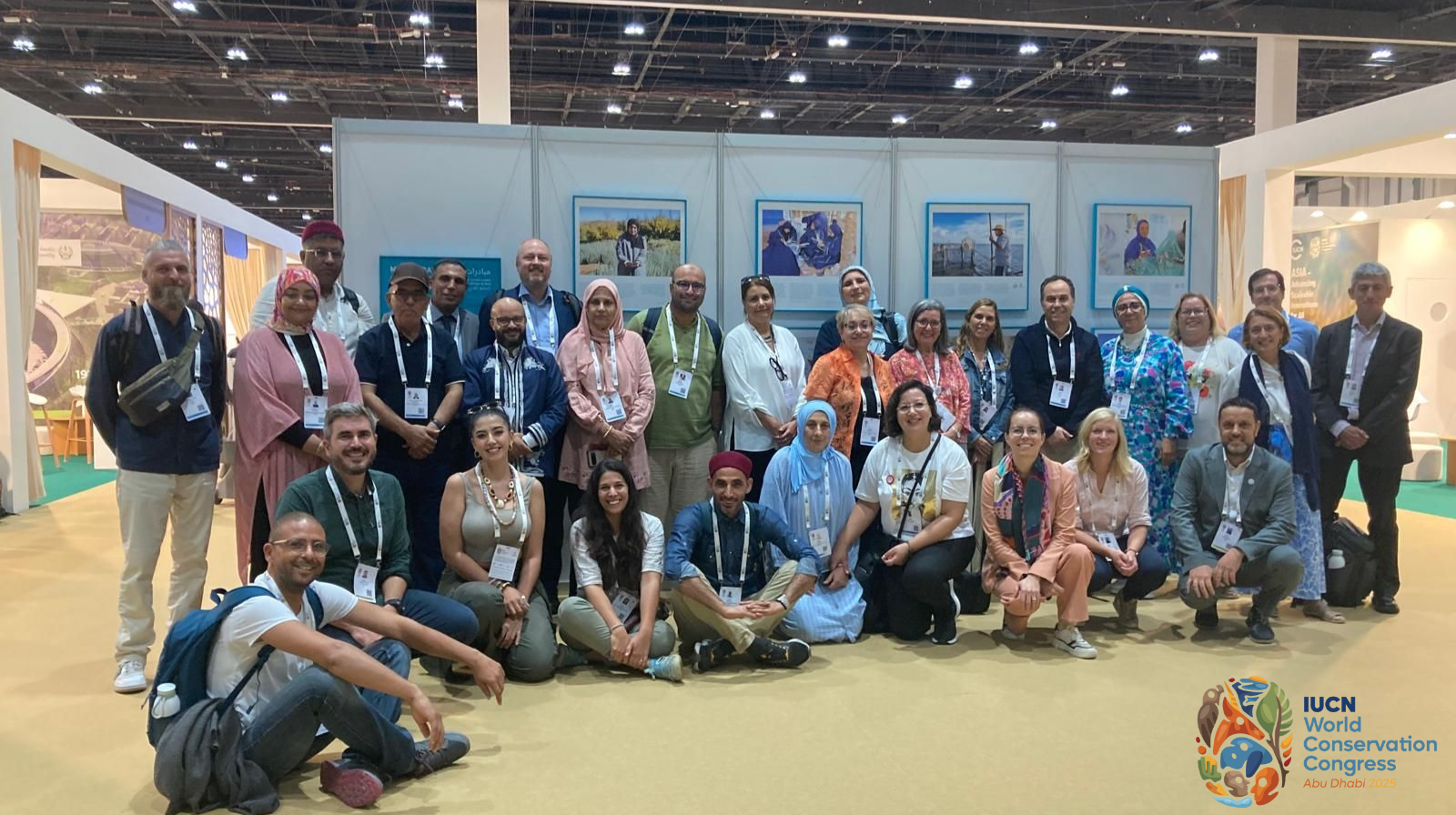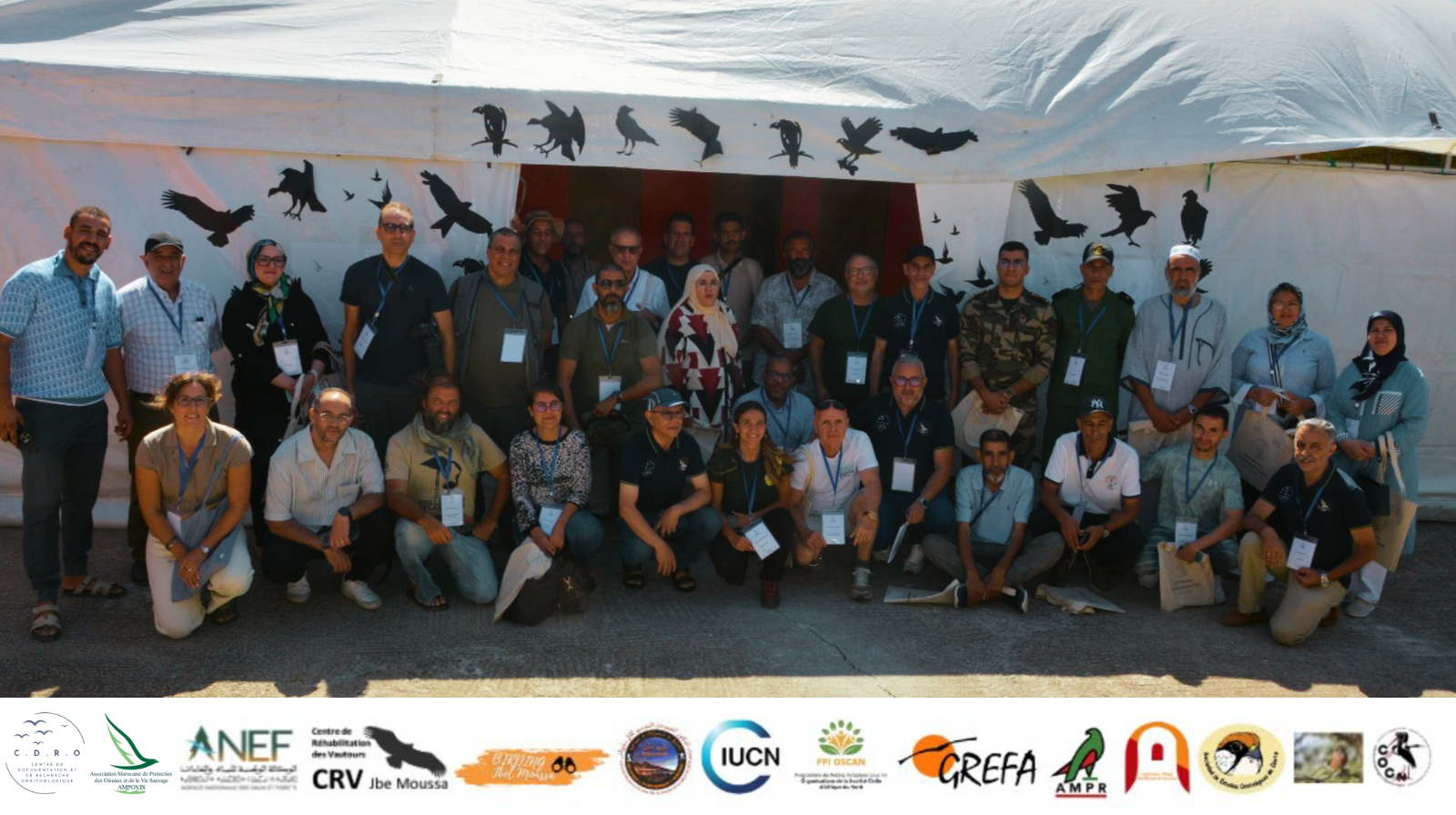For nearly 20 years, IUCN has aimed to support African civil society in nature conservation and improving local living conditions, particularly through two flagship initiatives led by the French Committee of the IUCN and the IUCN Centre for Mediterranean Cooperation (IUCN-Med).
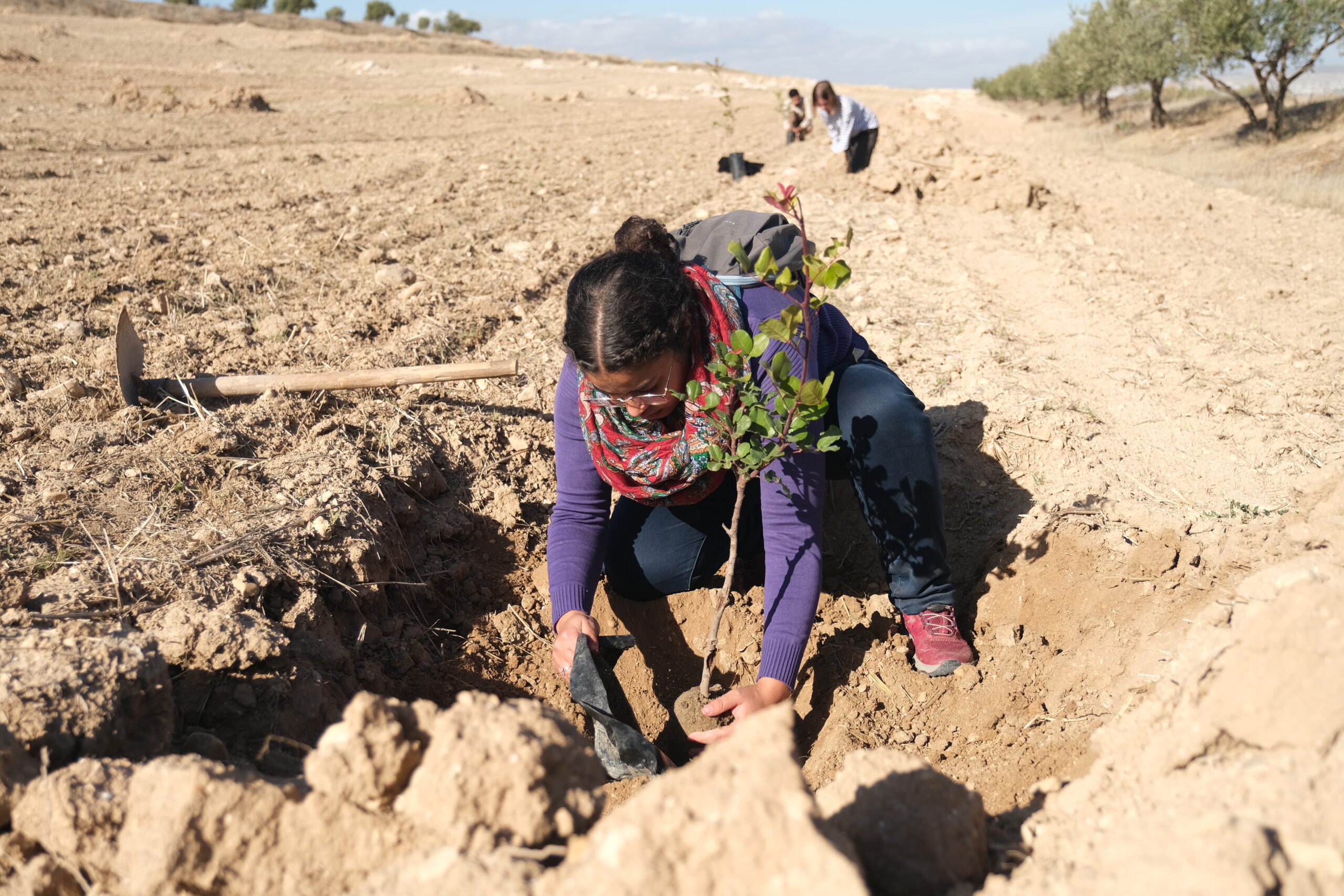
The Small Initiatives Program (PPI), created by the French Facility for Global Environment (FFEM) and managed by the French Committee of IUCN since 2007, has a dual objective: i) to contribute to biodiversity protection and climate change mitigation through concrete field projects that integrate aspects of territorial governance improvement and benefit the local inhabitants, and ii) to strengthen the capacities and influence of African civil society on these environmental issues. Over 18 years, 214 organizations have received funding to implement 305 field projects.
The Mubadarat strategy, developed by IUCN-Med, supports and strengthens the capacities of civil society associations in the Mediterranean in their efforts to conserve biodiversity and fight climate change. Key programs include the Small Initiatives Program for Civil Society Organizations in North Africa (PPI OSCAN) and the TransCap program. Over the past ten years, 110 organizations have benefited from funding for implementing 125 projects in North Africa.
On the occasion of the IUCN African Conservation Forum, which brings together all African members of the IUCN, the French Committee of the IUCN and IUCN-Med organized an exchange session for all members beneficiaries of the PPI, PPI OSCAN, and TransCap programs. The main objective was to promote the sharing of information and experiences among active civil society organizations (CSOs) in Africa.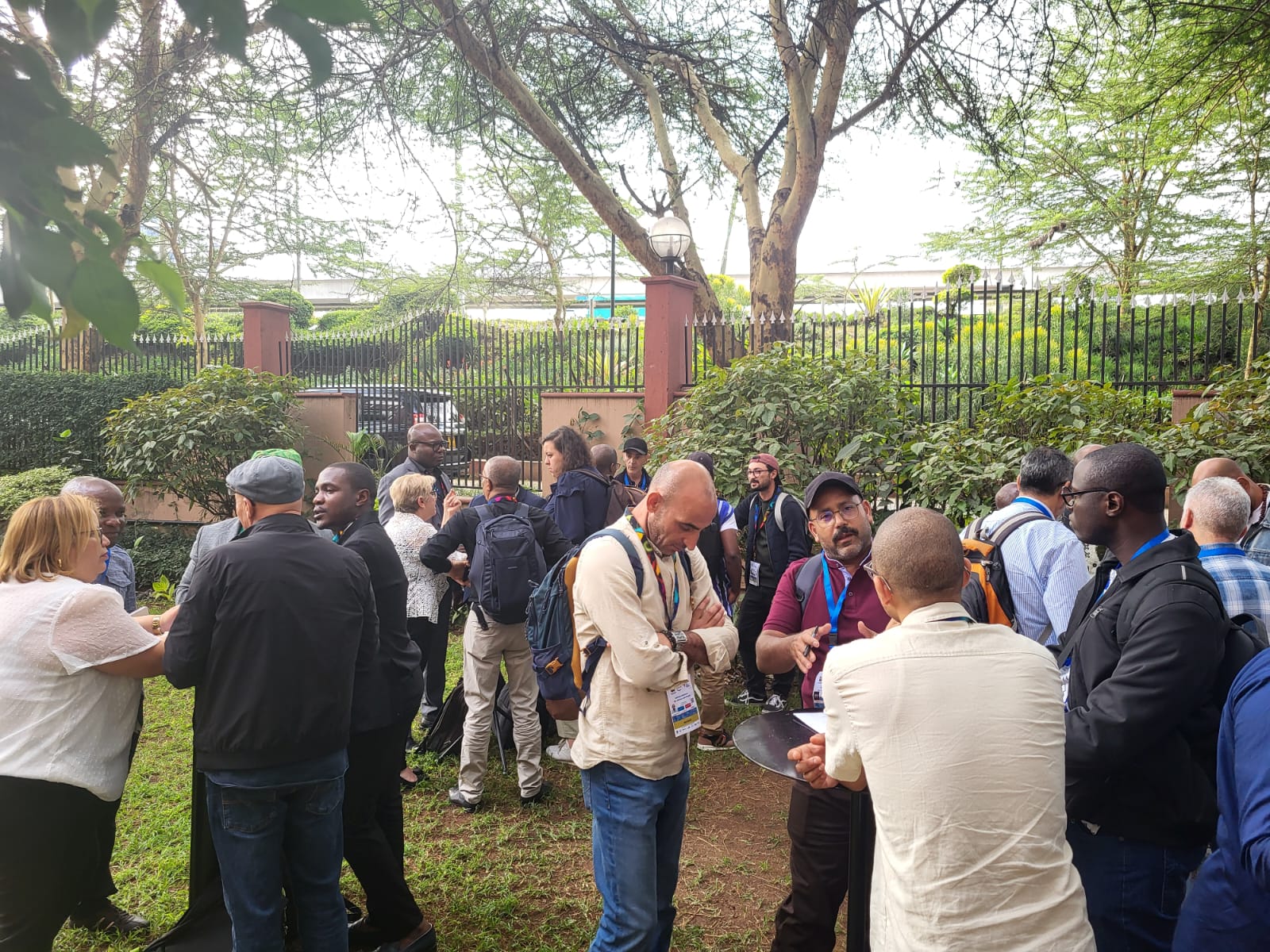
The session began with 45 minutes of “speed dating” among associations from the three programs, enhancing opportunities for exchanges and learning, thus fostering future collaborations. The second part of the event consisted of 45 minutes of group discussions on two key themes:
- The benefits for a CSO of being an IUCN member: Participants explored the advantages, opportunities, and collaboration avenues offered by IUCN membership.
- Preparation for the IUCN Congress 2025: Groups discussed strategies to enhance the visibility of civil society at the next congress, identifying concrete ways to highlight their contributions and impact.
Several testimonials were collected to illustrate the key points of the discussions:
Programs adapted to the needs of civil society: Thanks to the IUCN programs, we have been able to grow as associations. We received our first funding through the PPI and benefited from capacity building over several years, which allowed us to structure and strengthen our organization. By consolidating our association, we gained credibility to obtain further funding. If the IUCN had not trusted us from the beginning, when our association was very young, this would not have been possible.
Creation of a network of partners: When you are a young association, it is not easy to convince funders, especially international partners. When you present yourself to a donor and they see that you are a partner of the IUCN, either as a member or a beneficiary of their civil society support programs, it is a mark of credibility that your association can meet its commitments.
Creation of a platform of best practices: “We were used to exchange trips between beneficiary associations of the Mubadarat strategy in North Africa, but this is the first time we have had the opportunity to meet associations from outside the region. Many challenges in sub-Saharan Africa seem similar to ours in North Africa, yet we were impressed by their ability to integrate and work with local communities. For us, civil society associations, cooperation with communities is the very essence of our work. Today’s discussions were very inspiring to further strengthen our community approach.”
Belonging to a double family: “By being a member of the IUCN and a beneficiary of the PPI, we are part of a double family. The first allows us to connect with experts from all backgrounds, the second, smaller, offers us an intimate exchange space between associations that share the same challenges and work towards the same goal: nature conservation for the benefit of local populations.”
Responsibility of civil society: “As a member of the IUCN and a civil society organization, our responsibility is to see how funding can reach communities as it should. We must break the barrier and reach local communities. Local communities live on land with high ecosystem value. We must help them benefit from these resources sustainably without being held back by state procedural barriers.”
These various testimonials from associations illustrate the positive impact of the IUCN’s support programs for civil society in Africa. Thanks to initiatives such as the Small Initiatives Program (PPI) and the Mubadarat strategy, many organizations have been able to develop, structure their activities, and enhance their credibility with international donors. These programs not only provide financial support; they also offer long-term capacity building, essential for the sustainability of conservation and socio-economic development projects.
